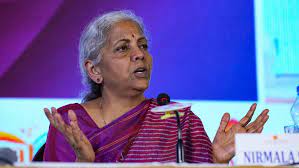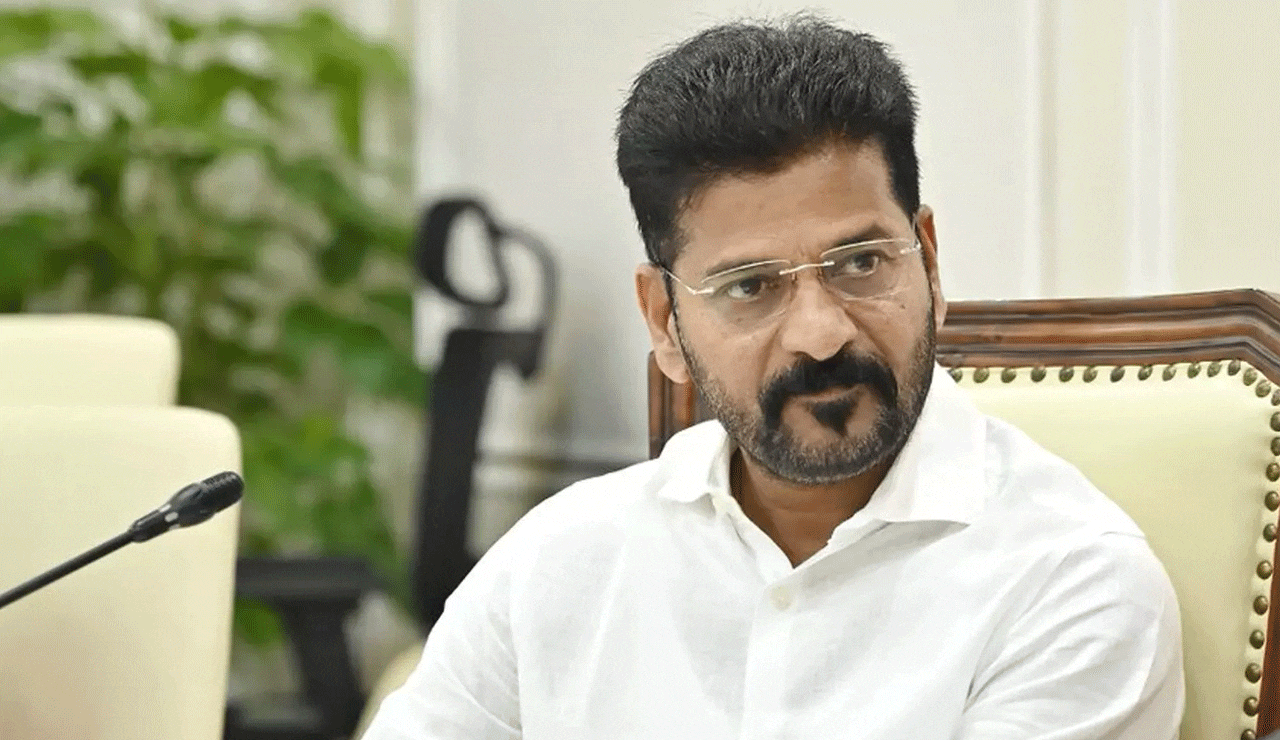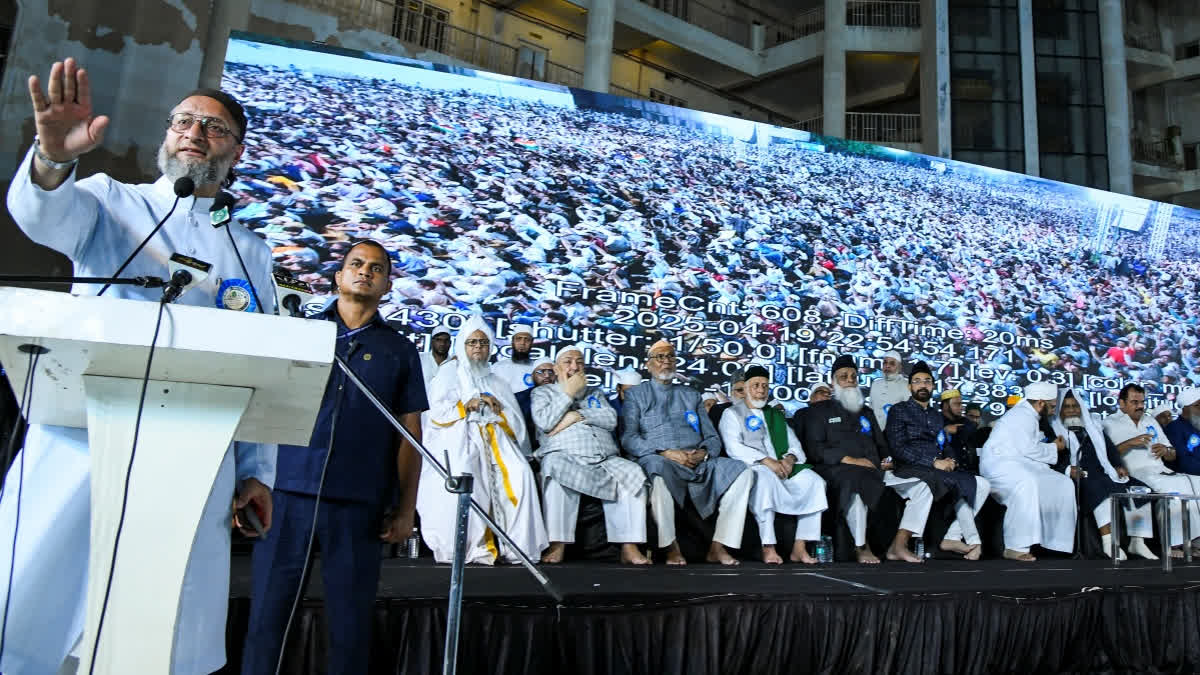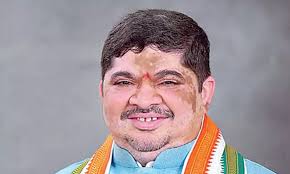Russian special forces sent to back renegade Libyan general
Wed 15 Mar 2017, 07:44:42
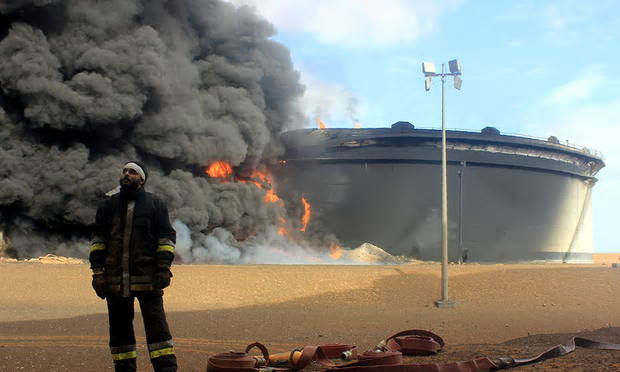
Russia appears to have deployed special forces to an airbase in western Egypt near the border with Libya in recent days, in a move that adds to US concerns about Moscow’s deepening role in Libya.
The news came as renewed violence broke out around key oil terminals in the east of the country and the capital Tripoli.
US and diplomatic officials said any such Russian involvement might be part of an attempt to support the Libyan military commander, Khalifa Haftar, who suffered a setback on 3 March with an attack by the Benghazi Defence Brigades (BDB) on oil ports controlled by his forces.
Late on Tuesday, the speaker of Libya’s eastern parliament said Russia had promised military aid to the breakaway government that Haftar supports. Agila Saleh told Russia’s state RIA Novosti news agency that the eastern parliament had requesting training and military repair support from Moscow.
“We were promised assistance in the fight against terrorism,” Saleh said.
Forces loyal to Haftar said on Tuesday that they had regained control of the oil terminals at Ras Lanuf and Es Sider from the BDB.
Fighting in Tripoli between rival armed groups led the UN’s Libya envoy, Martin Kobler, to warn that civilians were at “grave risk”. Gunfire and explosions were heard in two neighbourhoods in the western part of the city, after clashes broke out late on Monday, witnesses said.
“We have nowhere to go to escape the fighting. All we can do is pray that no shelling hits the house,” one local told Agence France-Presse. “People are holed up indoors. Schools are closed.”
The US officials, who spoke on condition of anonymity, said the Washington had observed what appeared to be Russian special operations forces and drones at Sidi Barrani, about 60 miles (100km) from the Egypt-Libya border.
Egyptian security sources offered more detail, describing a 22-member Russian special forces unit, but declined to discuss its mission. They added that Russia also used another Egyptian base further east in Marsa Matrouh in early February. The apparent Russian deployments have not been previously reported.
The Russian defence ministry denied Moscow had deployed special forces in Egypt. “Certain western mass media have been stirring up the public for years with such false information from anonymous sources,” the ministry’s spokesman, Igor Konashenkov, told RIA Novosti on Tuesday.
Several politicians also denied the report, suggesting it was meant to smear Russia. Also speaking to RIA Novosti, senator Vladimir Dzhabarov called it “fake news” and part of an information war that “everyone is now waging against everyone else”.
Andrei Krasov, the first deputy head of the defence committee in the lower house of parliament, said it was part of the “demonisation”
of Russia for its successful military action in Syria.
The Libyan president of the house of representatives, however, told RIA Novosti that Russia was assisting Haftar’s forces in other ways.
“We asked the Russian government to help us with training the soldiers in our armed forces and the repair of military equipment by Russian specialists because the majority of our officers studied in Russia and many speak the Russian language and know how to use Russian equipment,” Aguila Saleh Issa said. “They promised to help us in the fight against terrorism.”
The US military declined to comment. US intelligence on Russian military activities is often complicated by its use of contractors or forces without uniforms, officials say.
The Egyptian sources said Russian military aircraft had flown about six military units to Marsa Matrouh before the aircraft continued to Libya about 10 days later, but it has not been possible verify any presence of Russian special forces, drones or military aircraft in Egypt independently.
A force of several dozen armed private security contractors from Russia operated in a part of Libya under Haftar’s control in February, the head of the firm that hired the contractors.
Mohamed Manfour, the commander of Benina airbase near Benghazi, denied Haftar’s Libyan National Army had received military assistance from Russia or its contractors, and said there were no Russian forces or bases in eastern Libya.
Several western countries, including the US, have sent special operations forces and military advisers into Libya over the past two years. The US military also carried out airstrikes to support a successful Libyan campaign in 2016 to oust Islamic State from its stronghold in the city of Sirte.
Questions about Russia’s role in north Africa coincide with growing concerns in Washington about Moscow’s intentions in oil-rich Libya, which has become a patchwork of rival fiefdoms in the aftermath of a Nato-backed uprising in 2011 against Muammar Gaddafi, who was a client of the former Soviet Union.
The UN-backed government in Tripoli is in a deadlock with Haftar, and Russian officials have met both sides in recent months. Moscow appears prepared to back up its public diplomatic support for Haftar even though western governments are already irked at Russia’s intervention in Syria to prop up the country’s president, Bashar al-Assad.
The top US military commander overseeing troops in Africa, Gen Thomas Waldhauser, told the US Senate last week that Russia was trying to exert influence in Libya to strengthen its leverage over whoever ultimately holds power.
“They’re working to influence that,” Waldhauser told the armed services committee. Asked whether it was in the US interest to let that happen, he said: “It is not.”
The news came as renewed violence broke out around key oil terminals in the east of the country and the capital Tripoli.
US and diplomatic officials said any such Russian involvement might be part of an attempt to support the Libyan military commander, Khalifa Haftar, who suffered a setback on 3 March with an attack by the Benghazi Defence Brigades (BDB) on oil ports controlled by his forces.
Late on Tuesday, the speaker of Libya’s eastern parliament said Russia had promised military aid to the breakaway government that Haftar supports. Agila Saleh told Russia’s state RIA Novosti news agency that the eastern parliament had requesting training and military repair support from Moscow.
“We were promised assistance in the fight against terrorism,” Saleh said.
Forces loyal to Haftar said on Tuesday that they had regained control of the oil terminals at Ras Lanuf and Es Sider from the BDB.
Fighting in Tripoli between rival armed groups led the UN’s Libya envoy, Martin Kobler, to warn that civilians were at “grave risk”. Gunfire and explosions were heard in two neighbourhoods in the western part of the city, after clashes broke out late on Monday, witnesses said.
“We have nowhere to go to escape the fighting. All we can do is pray that no shelling hits the house,” one local told Agence France-Presse. “People are holed up indoors. Schools are closed.”
The US officials, who spoke on condition of anonymity, said the Washington had observed what appeared to be Russian special operations forces and drones at Sidi Barrani, about 60 miles (100km) from the Egypt-Libya border.
Egyptian security sources offered more detail, describing a 22-member Russian special forces unit, but declined to discuss its mission. They added that Russia also used another Egyptian base further east in Marsa Matrouh in early February. The apparent Russian deployments have not been previously reported.
The Russian defence ministry denied Moscow had deployed special forces in Egypt. “Certain western mass media have been stirring up the public for years with such false information from anonymous sources,” the ministry’s spokesman, Igor Konashenkov, told RIA Novosti on Tuesday.
Several politicians also denied the report, suggesting it was meant to smear Russia. Also speaking to RIA Novosti, senator Vladimir Dzhabarov called it “fake news” and part of an information war that “everyone is now waging against everyone else”.
Andrei Krasov, the first deputy head of the defence committee in the lower house of parliament, said it was part of the “demonisation”
of Russia for its successful military action in Syria.
The Libyan president of the house of representatives, however, told RIA Novosti that Russia was assisting Haftar’s forces in other ways.
“We asked the Russian government to help us with training the soldiers in our armed forces and the repair of military equipment by Russian specialists because the majority of our officers studied in Russia and many speak the Russian language and know how to use Russian equipment,” Aguila Saleh Issa said. “They promised to help us in the fight against terrorism.”
The US military declined to comment. US intelligence on Russian military activities is often complicated by its use of contractors or forces without uniforms, officials say.
The Egyptian sources said Russian military aircraft had flown about six military units to Marsa Matrouh before the aircraft continued to Libya about 10 days later, but it has not been possible verify any presence of Russian special forces, drones or military aircraft in Egypt independently.
A force of several dozen armed private security contractors from Russia operated in a part of Libya under Haftar’s control in February, the head of the firm that hired the contractors.
Mohamed Manfour, the commander of Benina airbase near Benghazi, denied Haftar’s Libyan National Army had received military assistance from Russia or its contractors, and said there were no Russian forces or bases in eastern Libya.
Several western countries, including the US, have sent special operations forces and military advisers into Libya over the past two years. The US military also carried out airstrikes to support a successful Libyan campaign in 2016 to oust Islamic State from its stronghold in the city of Sirte.
Questions about Russia’s role in north Africa coincide with growing concerns in Washington about Moscow’s intentions in oil-rich Libya, which has become a patchwork of rival fiefdoms in the aftermath of a Nato-backed uprising in 2011 against Muammar Gaddafi, who was a client of the former Soviet Union.
The UN-backed government in Tripoli is in a deadlock with Haftar, and Russian officials have met both sides in recent months. Moscow appears prepared to back up its public diplomatic support for Haftar even though western governments are already irked at Russia’s intervention in Syria to prop up the country’s president, Bashar al-Assad.
The top US military commander overseeing troops in Africa, Gen Thomas Waldhauser, told the US Senate last week that Russia was trying to exert influence in Libya to strengthen its leverage over whoever ultimately holds power.
“They’re working to influence that,” Waldhauser told the armed services committee. Asked whether it was in the US interest to let that happen, he said: “It is not.”
No Comments For This Post, Be first to write a Comment.
Most viewed from International
Most viewed from World
AIMIM News
Latest Urdu News
Most Viewed
May 26, 2020
Do you think Canada-India relations will improve under New PM Mark Carney?
Latest Videos View All
Like Us
Home
About Us
Advertise With Us
All Polls
Epaper Archives
Privacy Policy
Contact Us
Download Etemaad App
© 2025 Etemaad Daily News, All Rights Reserved.

.jpg)
.jpg)
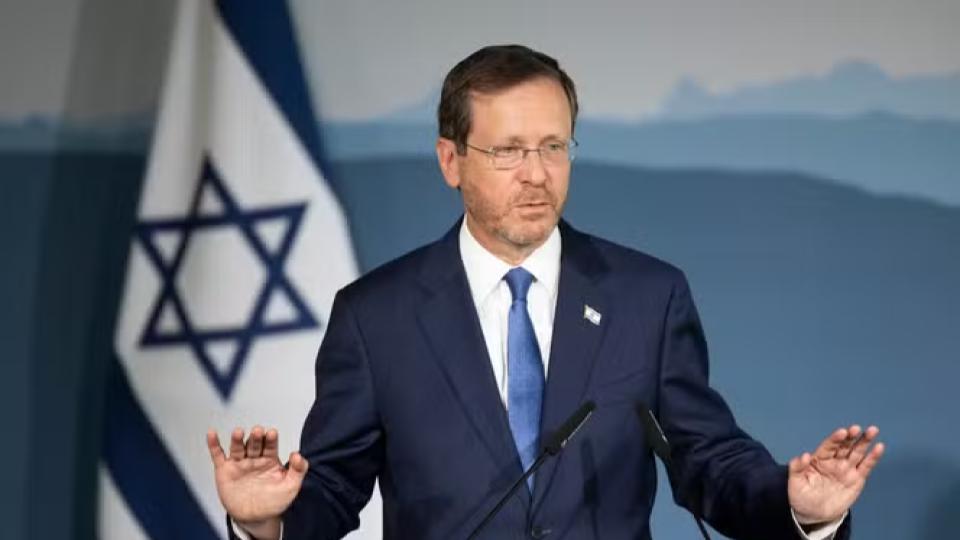
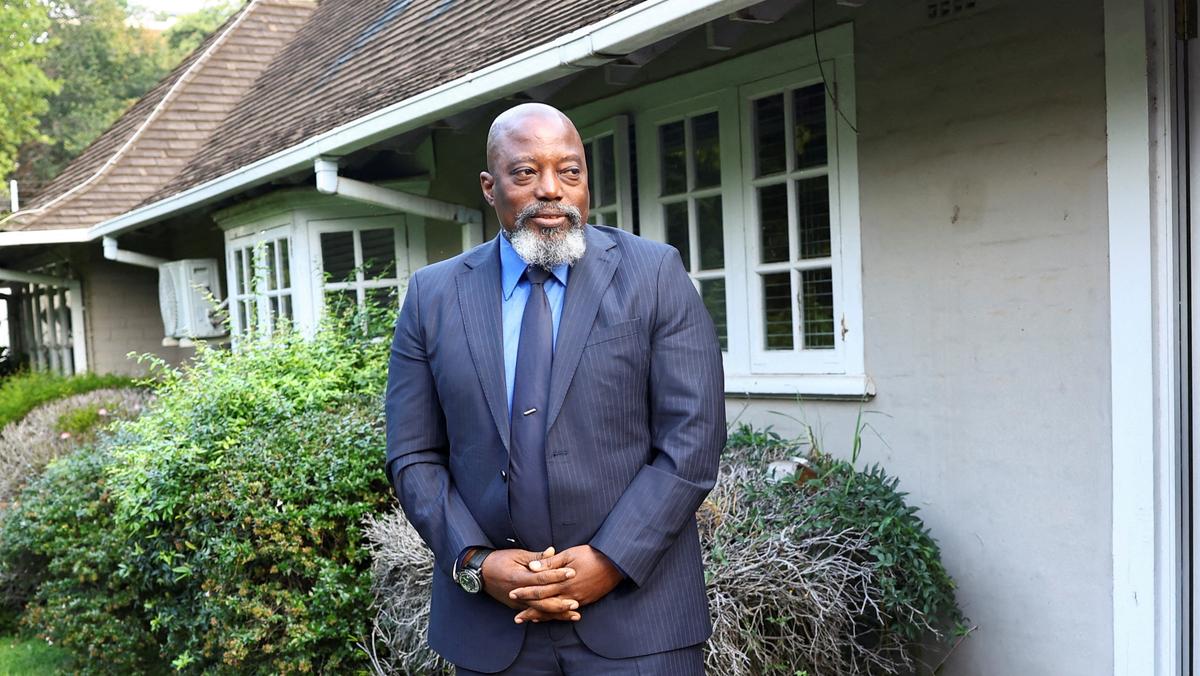
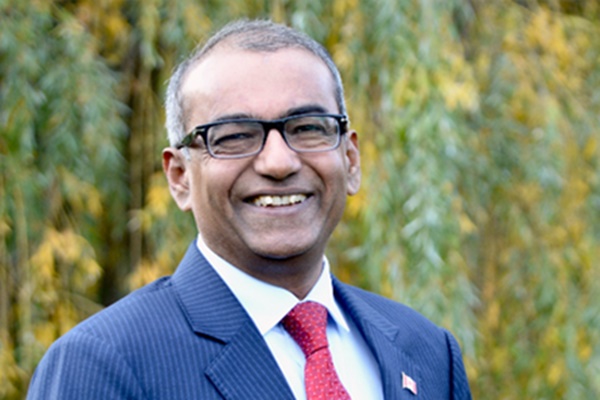

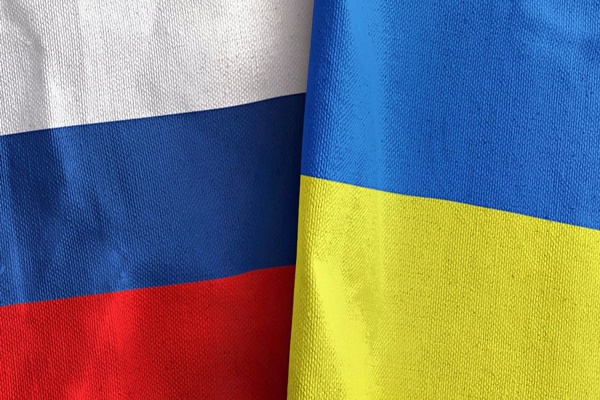
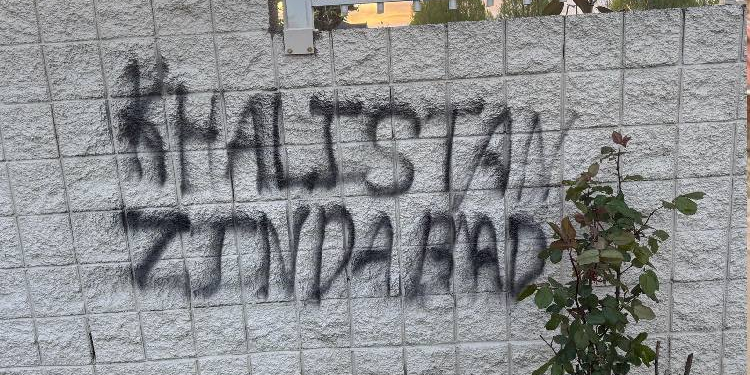

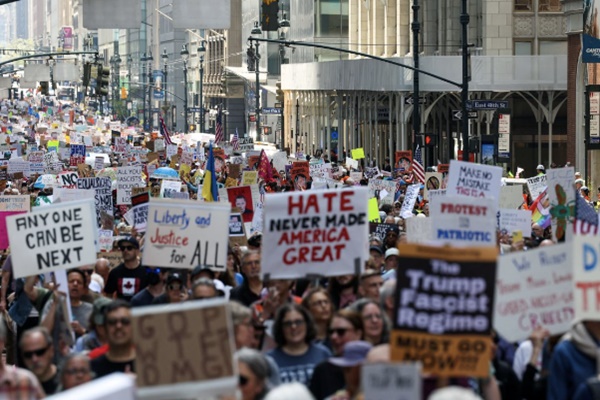


.jpg)
.jpg)
.jpg)
.jpg)
.jpg)
.jpg)
.jpg)
